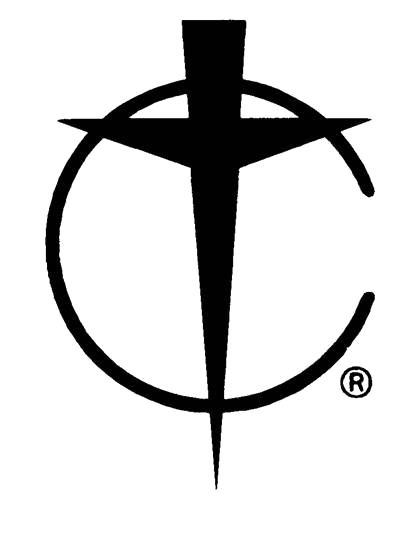Have you heard about the Virginia politician who wanted references to God injected into the Declaration of Independence? Or about the activist from Massachusetts who urged making the Fourth of July a quasi-religious holiday? These proposals were made over 239 years ago. If made today they would probably be swiftly denounced by the Anti-Defamation League, American Civil Liberties Union, the “politically correct” and a slew of editorial pages.
The politician who wanted to stick God into the Declaration of Independence was its author, Thomas Jefferson. Indeed, the document adopted unanimously by the Continental Congress on July 4, 1776, refers to God not once, but four times. It was Jefferson’s great colleague and rival, John Adams of Massachusetts, who thought the fourth of July, should be an occasion of joy and worship. “It ought to be commemorated as the day of deliverance, by solemn acts of devotion to God Almighty,” he wrote to his wife Abigail from Philadelphia.
In linking religion to American liberty, John Adams and Thomas Jefferson were not bowing to the politi- cal correctness of their time. They were articulating a core principle of American nationhood: Religious faith and the civic virtues it gives rise to, are indispensable to a democratic republic consisting of rights such as freedom of speech or the right to own property.
Religion can survive in the absence of freedom, but freedom without religion is dangerous and unstable. “Of all the dispositions and habits which lead to political prosperity,” George Washington reminded the country in his Farewell Address, “religion and morality are indispensable supports.”
Liberty with faith, a secular state nourished by a religious society, was the formula the founders devised. They sought to combine the Enlightenment’s emphasis on reason, learning and pluralism with the Judeo-Christian ethic of responsibility, justice and morality. What resulted was a nation that is, on the whole, more diverse, more free, more tolerant, more prosperous and more religious than any before or since.
It would have astonished Jefferson, Adams, and their colleagues to witness the hostility to religion that pervades modern liberalism and the domains where it holds sway. On Independence Day, we should remind ourselves of another truth the men and women of 1776 held to be self-evident. American liberty and democracy do more than tolerate religion. They depend on it!
Fr. Al Backmann
